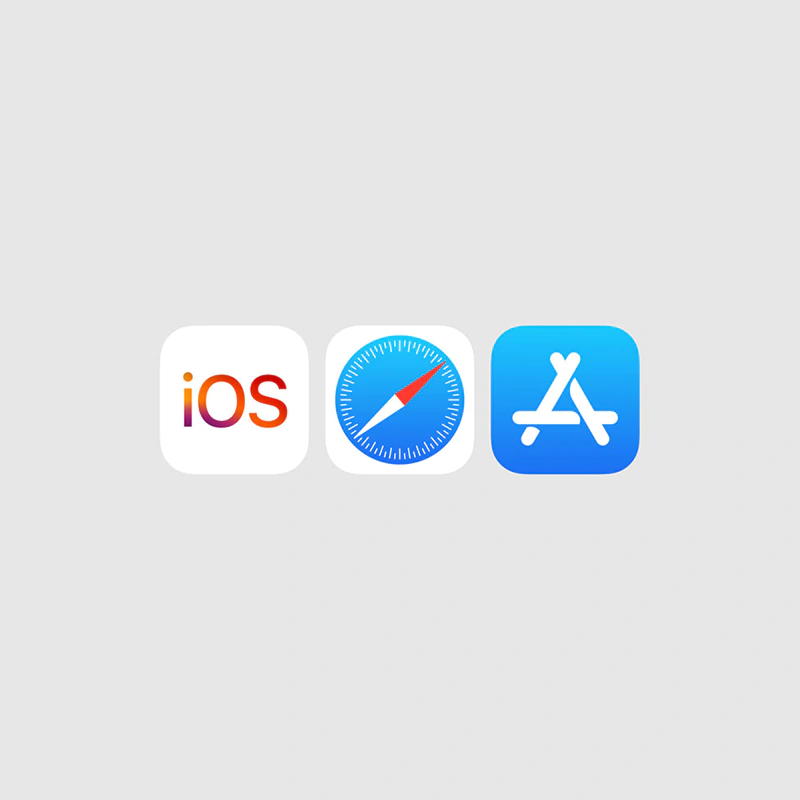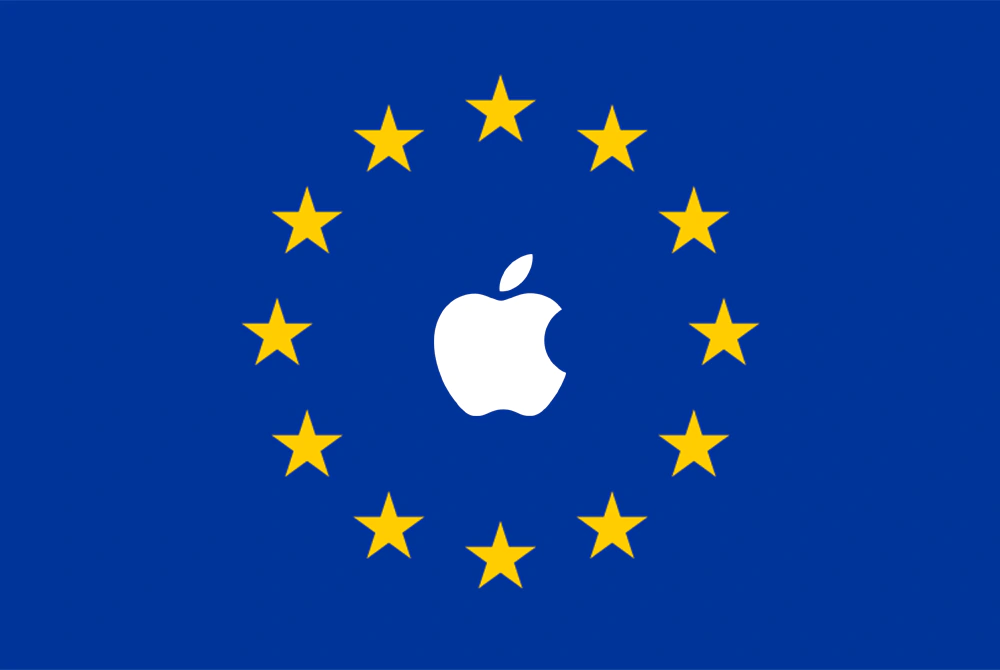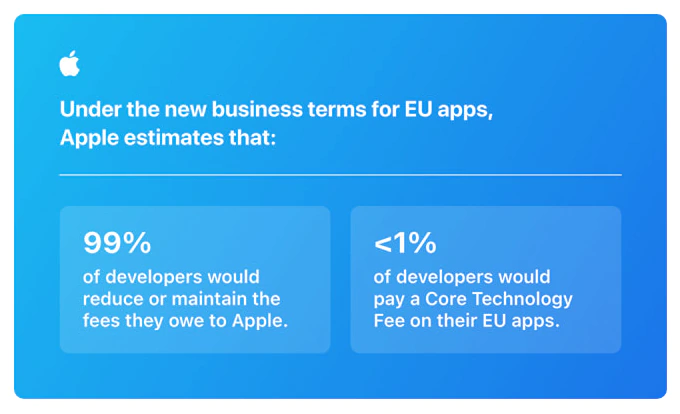
Apple has long been strict and hard-headed. When it sets its mind in something, nothing can stop it.
But the laws can, apparently. As one of the most valuable companies in the world, Apple needs to obey the laws, or risk having its products banned. And this time, the company announces changes to iOS, Safari, and the App Store in the European Union.
In a press release, Apple said that:
"For users, the changes include new controls and disclosures, and expanded protections to reduce privacy and security risks the DMA creates."
The changes are meant to comply with the Digital Markets Act (DMA), and include more than 600 new APIs, expanded app analytics, functionality for alternative browser engines, and options for processing app payments and distributing iOS apps.
Changes to iOS include new options to distribute apps.
For users in the European Union, developers have new options for distributing their iOS apps from alternative app marketplaces — including new APIs and tools that enable developers to offer their iOS apps for download from alternative app marketplaces. There is also new framework and APIs to help them with this.
And as announced by the European Commission, Apple is also sharing DMA-compliant changes impacting contactless payments.
Changes to Safari include the ability to choose the default browser from a list of options.
Users of iOS already have the ability to set a third-party web browser — other than Safari — as their default. But to reflecting the DMA’s requirements, Apple is introducing a new choice screen that will surface when users first open Safari in iOS 17.4 or later. It's through this screen, that users can choose which browser they want to use as default.
And lastly, changes to the App Store affect apps across Apple’s operating systems — including iOS, iPadOS, macOS, watchOS, and tvOS.
The changes also include new disclosures informing EU users of the risks associated with using alternatives to the App Store’s secure payment processing. For developers, changes include options for using payment service providers (PSPs) — within a developer’s app to process payments for digital goods and services, options for processing payments via link-out, and more.
These changes for EU apps reflect the European Commission’s designation of iOS, Safari, and the App Store as "core platform services" under the DMA.
Long story short, DMA is making iOS more like Android.

While many praised and welcome the move, others complained.
Some of the people who are against the move, said that the changes can create more competition in app distribution, which results in potential lower price.
And besides lesser security and user safety, and loss of control and revenue, some said that third-party stores will deliberately fragment the market, create user confusion, and fragmentation.
Not to mention, the technical challenges that need to be addressed.
And as for Apple, the company is not known for being an entity that moves without plans.
In this case, Apple still have the ability to dictate pricing and terms. While alternative payment options are allowed, Apple is still in control of the App Store listing and potentially influence user behavior towards its own payment system.
In short, while the DMA aims to curb anti-competitive practices, there's a concern that Apple, and even some third-party stores might engage in tactics or unfair competition, further disadvantaging smaller developers.
But again, this isn't Apple's idea, and Apple only do what it must, as a company that needs to thrive.
Apple that follows the law and not work against it, indirectly said that there are risks associated with the DMA.

"Across every change, Apple is introducing new safeguards that reduce — but don’t eliminate — new risks the DMA poses to EU users. With these steps, Apple will continue to deliver the best, most secure experience possible for EU users," said Apple.
The company went on by saying that new options for processing payments and downloading apps on iOS open new avenues for malware, fraud and scams, illicit and harmful content, and other privacy and security threats.
To reduce the risks, Apple introduces protections — including Notarization for iOS apps, an authorization for marketplace developers, and disclosures on alternative payments — to reduce risks and deliver the best, most secure experience possible for users in the EU.
But still, even with these safeguards in place, many risks remain.
"The changes we’re announcing today comply with the Digital Markets Act’s requirements in the European Union, while helping to protect EU users from the unavoidable increased privacy and security threats this regulation brings. Our priority remains creating the best, most secure possible experience for our users in the EU and around the world," said Phil Schiller, Apple Fellow.
"Developers can now learn about the new tools and terms available for alternative app distribution and alternative payment processing, new capabilities for alternative browser engines and contactless payments, and more. Importantly, developers can choose to remain on the same business terms in place today if they prefer."